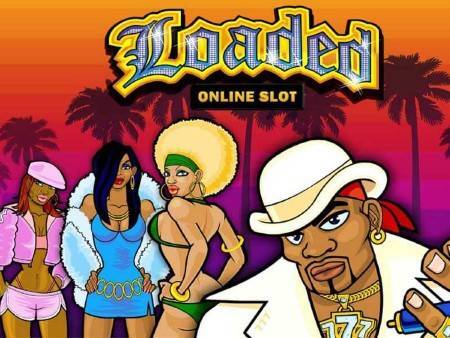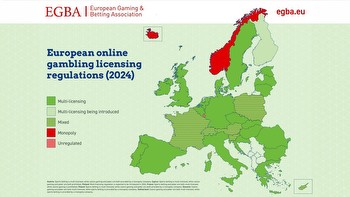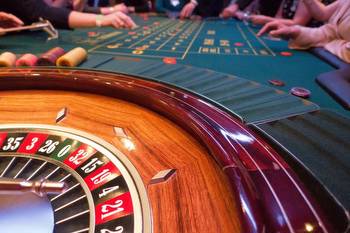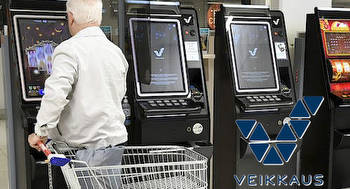A Comparative Online Gambling Analysis of Finland and the USA

The online gambling industry has seen diverse developments worldwide, shaped by cultural, legal, and economic factors. A comparison between Finland and the United States reveals contrasting approaches to regulation, market evolution, consumer protection, and economic contributions, highlighting the complexities of the online gambling sector.
Finland operates under a state monopoly with Veikkaus Oy at the helm, offering a unified approach to gambling regulation. This system aims to centralize control, ensuring responsible gambling practices and utilizing profits for societal welfare. The Finnish model prioritizes public health and social benefits over market competition.
Conversely, the United States embraces a decentralized approach, with regulations varying widely across states. This diversity reflects the country’s federal structure and the varied perspectives on gambling. In states where online gambling is legal, a competitive market flourishes, fostering innovation and offering consumers a multitude of choices.
In Finland, the maturity of the online gambling market is evident through widespread access and a comprehensive range of gambling options provided by the state-run operator according to Kasinohai Nettikasinot. This ensures a consistent gambling experience across the country but limits the influence of market competition on product variety and innovation.
The landscape in the United States is characterized by rapid growth in regions that have legalized online gambling, leading to a vibrant and competitive environment. This scenario encourages a dynamic market but also creates disparities in access and product offerings across different states.
The Finnish online gambling framework integrates robust consumer protection measures, reflecting the government’s commitment to preventing gambling-related harm. The monopoly system facilitates the implementation of responsible gambling practices across all offered services.
In the U.S., consumer protection standards are determined at the state level and can vary significantly. States with regulated online gambling markets implement measures to safeguard consumers, though the effectiveness and scope of these protections can differ. The varied landscape also means that some consumers may resort to unregulated markets, where protections are scant.
Finland’s gambling revenues serve the public interest, funding various social programs and community projects. This model aligns with the country’s broader social welfare goals, ensuring that the benefits of gambling extend beyond individual winnings to support societal well-being.
The economic impact of online gambling in the U.S. is more direct, with revenues enhancing state economies through taxes, licensing fees, and job creation. This approach highlights the role of gambling as a significant economic activity, though its benefits are more localized due to the state-specific nature of regulation.
The Finnish and American online gambling markets illustrate the spectrum of regulatory and operational models present in the global landscape. Finland’s centralized control model emphasizes social welfare and responsible gambling, while the competitive, state-regulated U.S. market champions consumer choice and economic growth. These contrasting approaches offer valuable insights into the potential pathways for regulating and managing online gambling, each with its own set of challenges and opportunities for stakeholders.






































